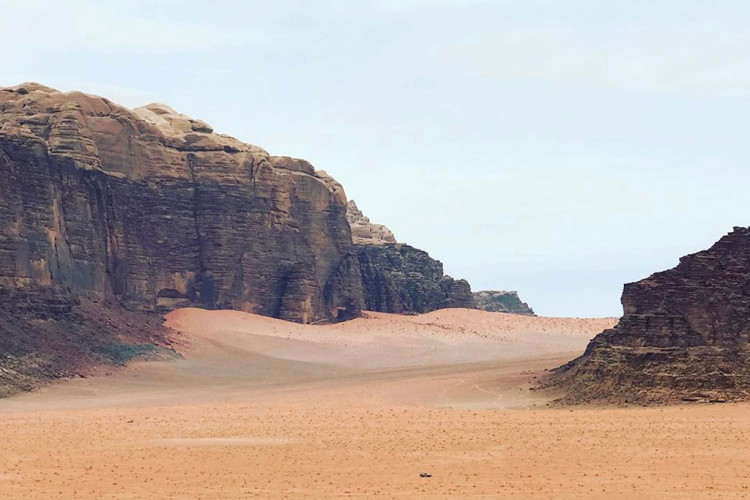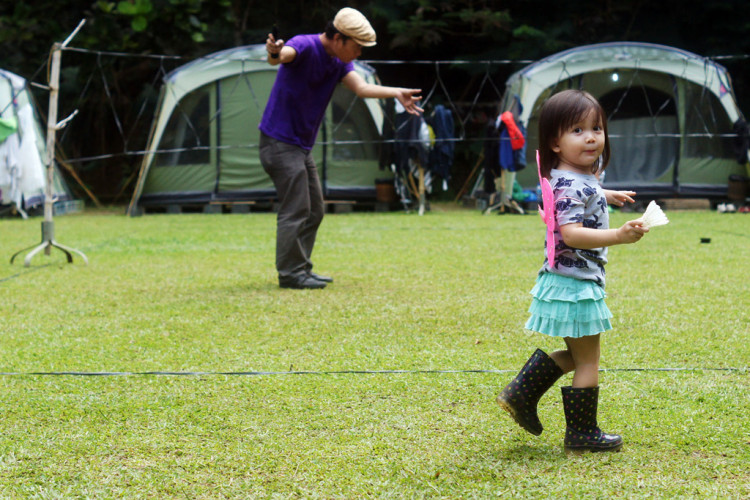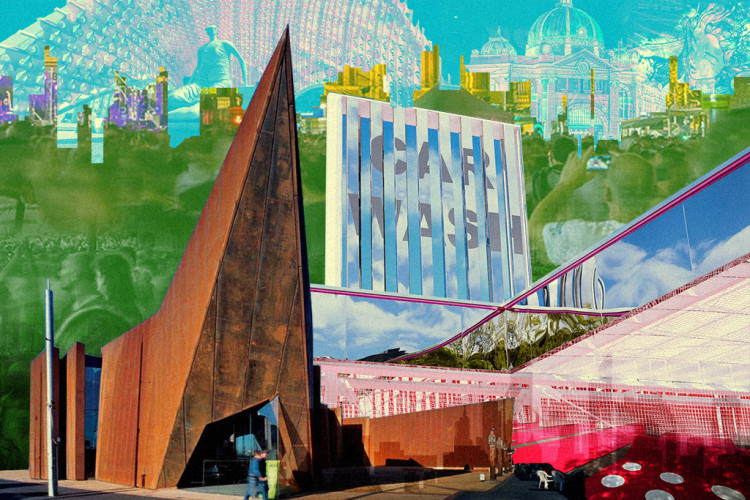A Refreshing Stay at Rumah Turi
An Introduction to Solo's Eco-Friendly Boutique Hotel.
by Ken Jenie
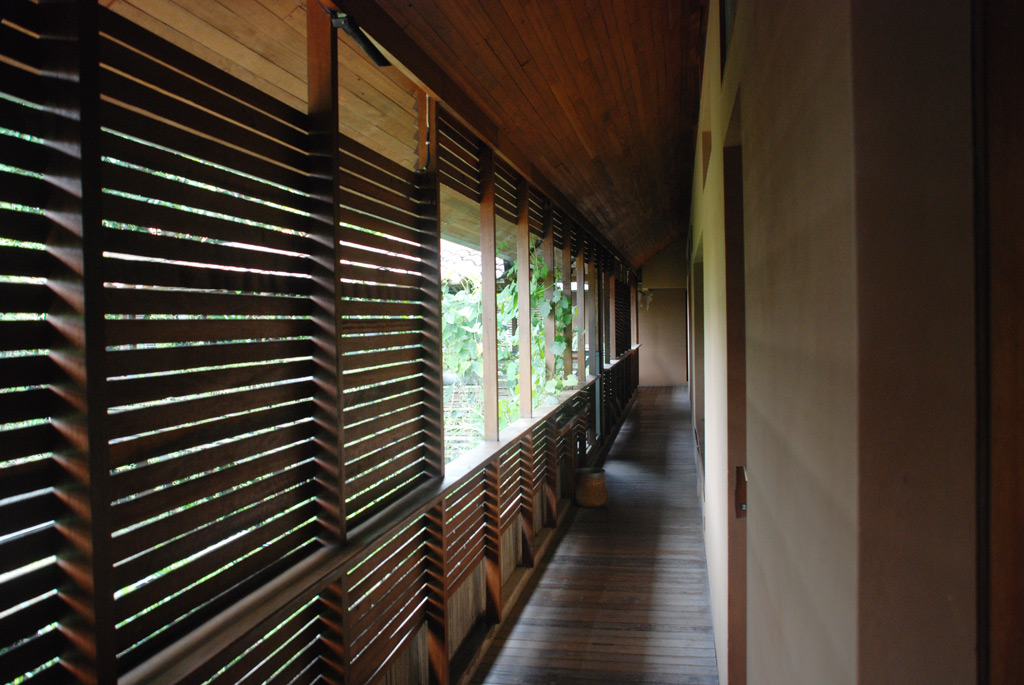
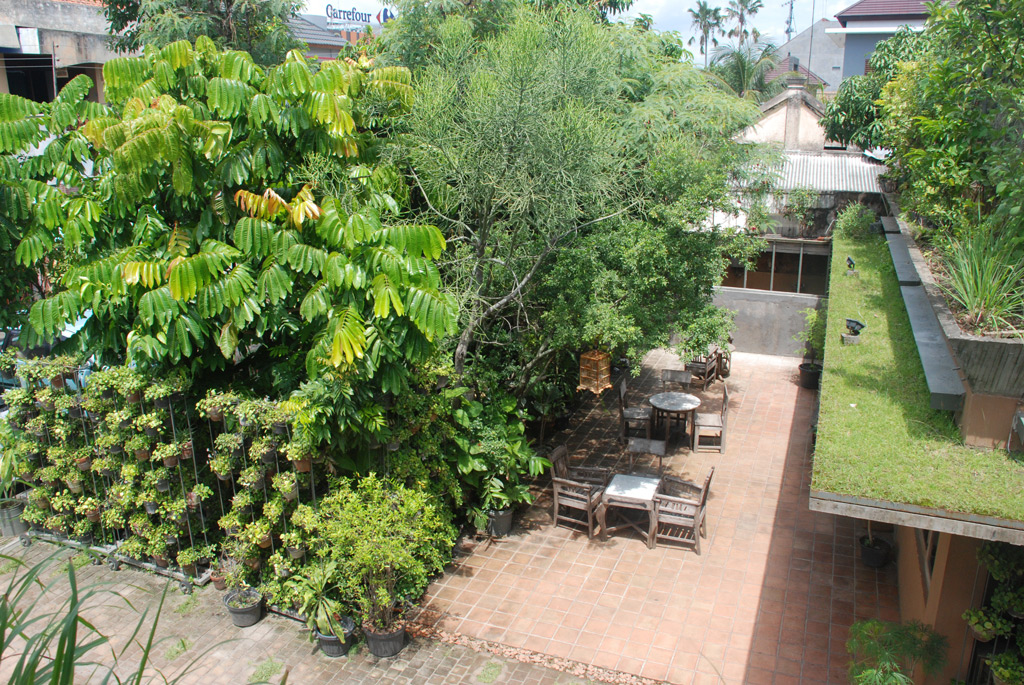
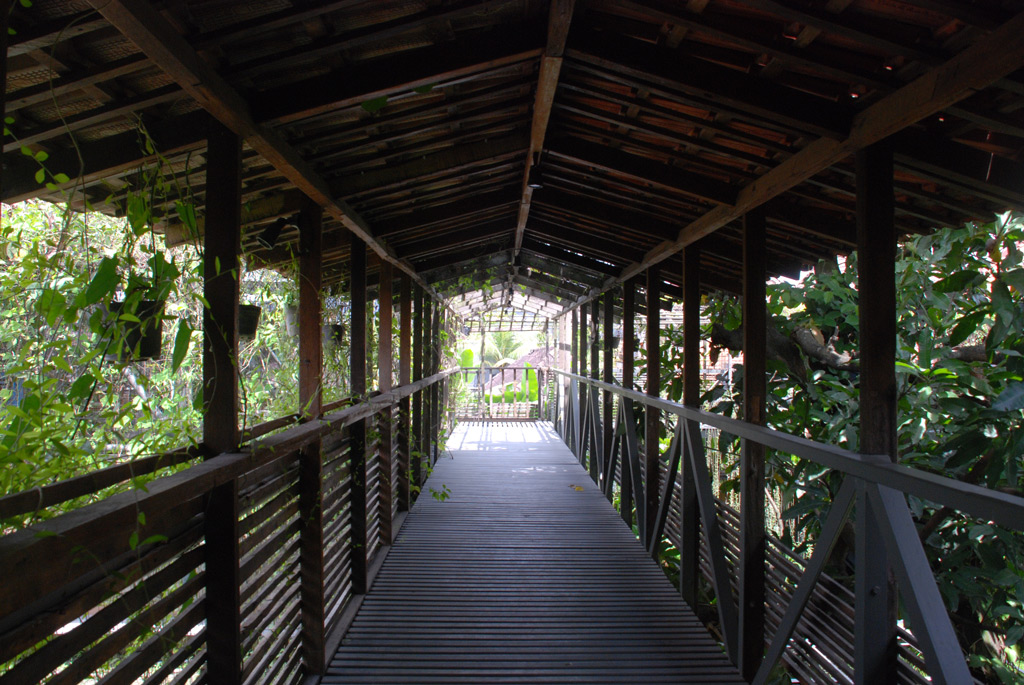
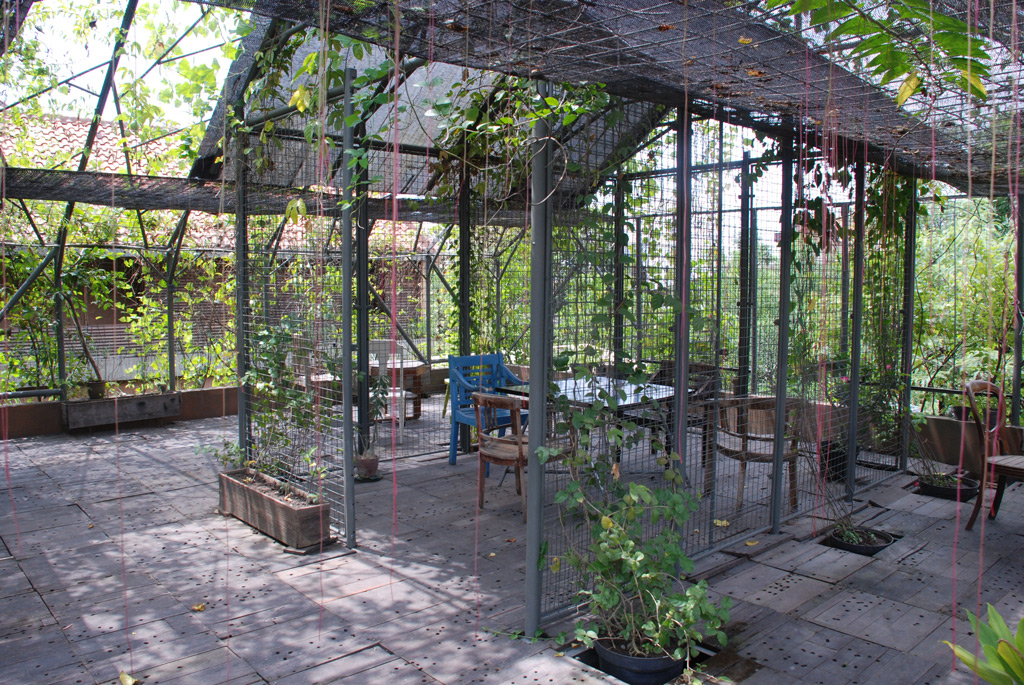
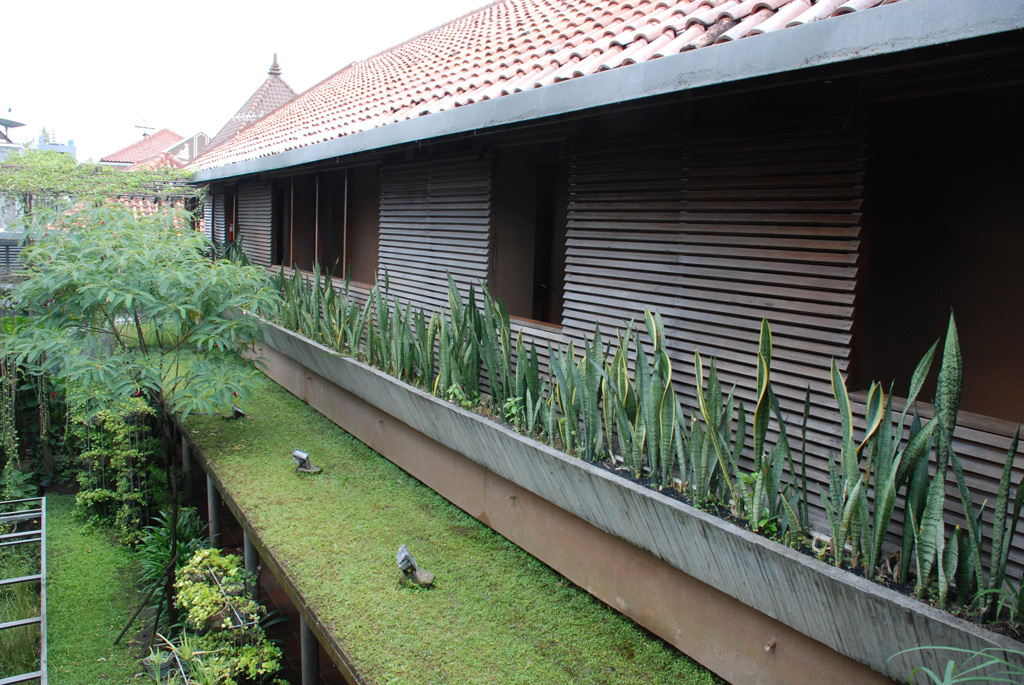
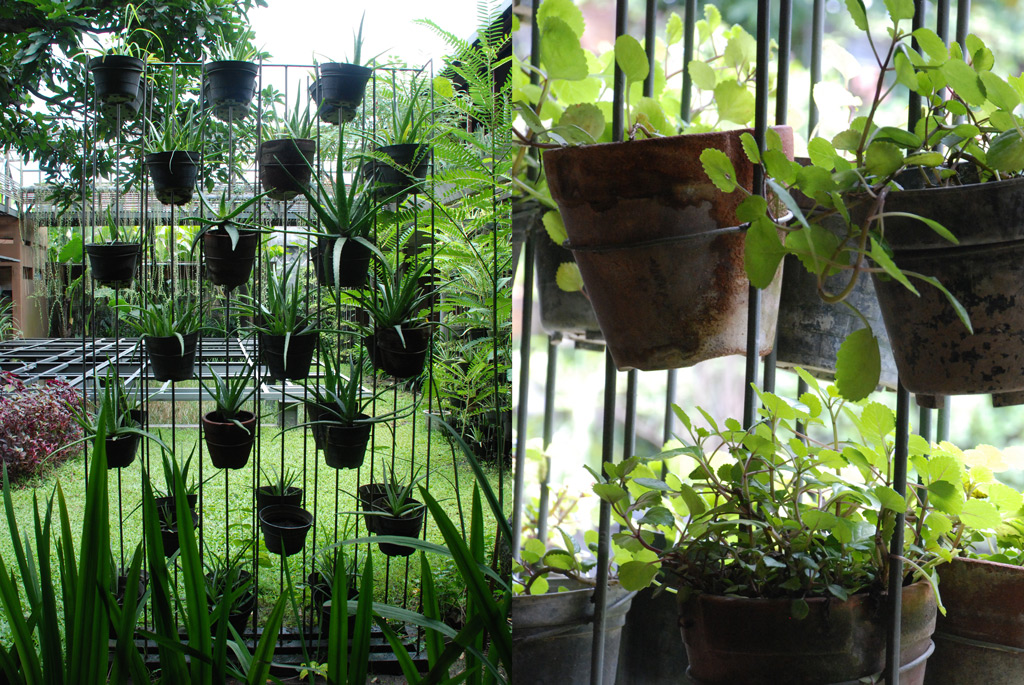
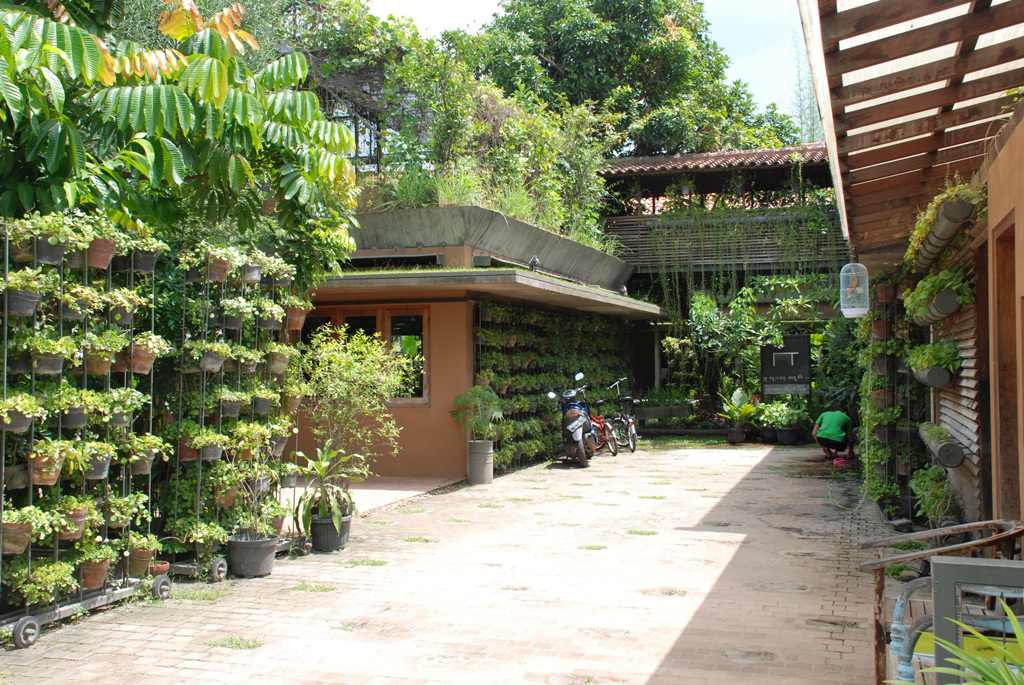
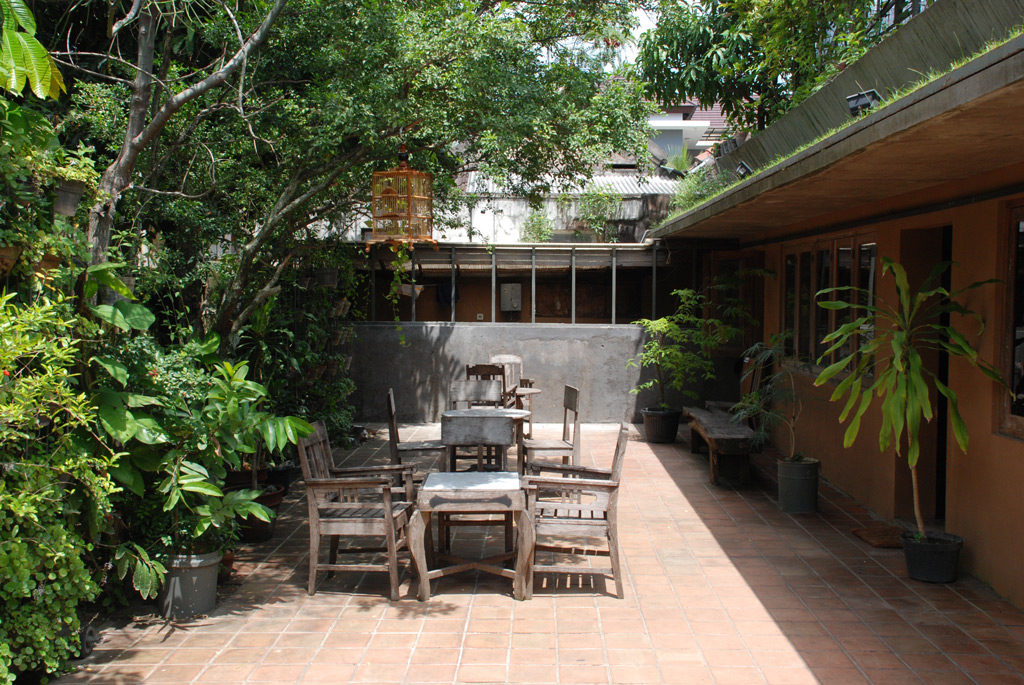
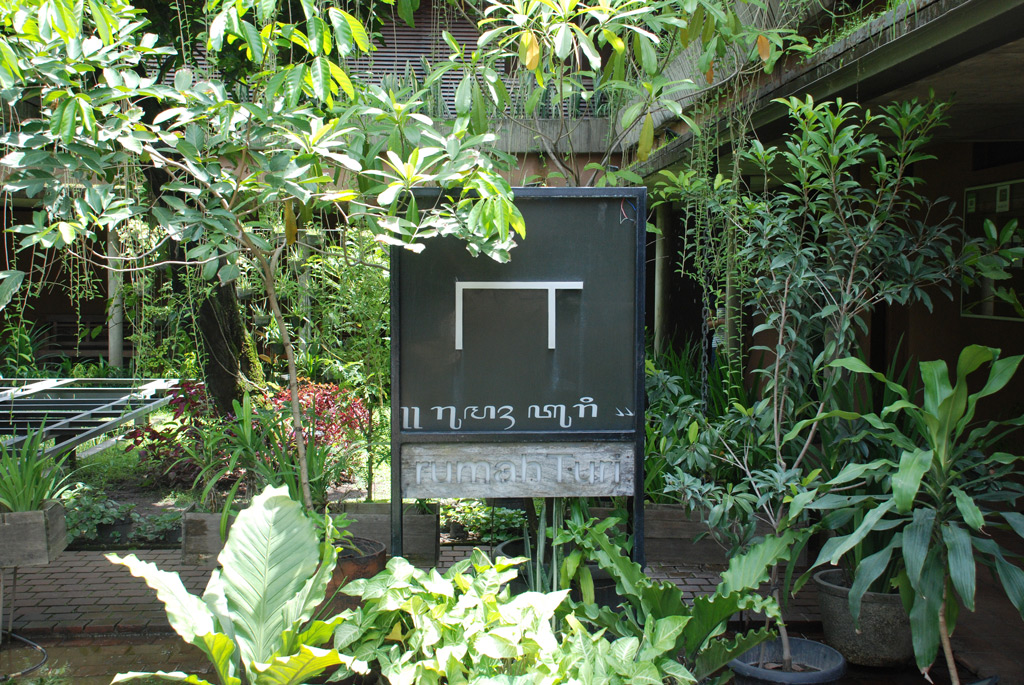
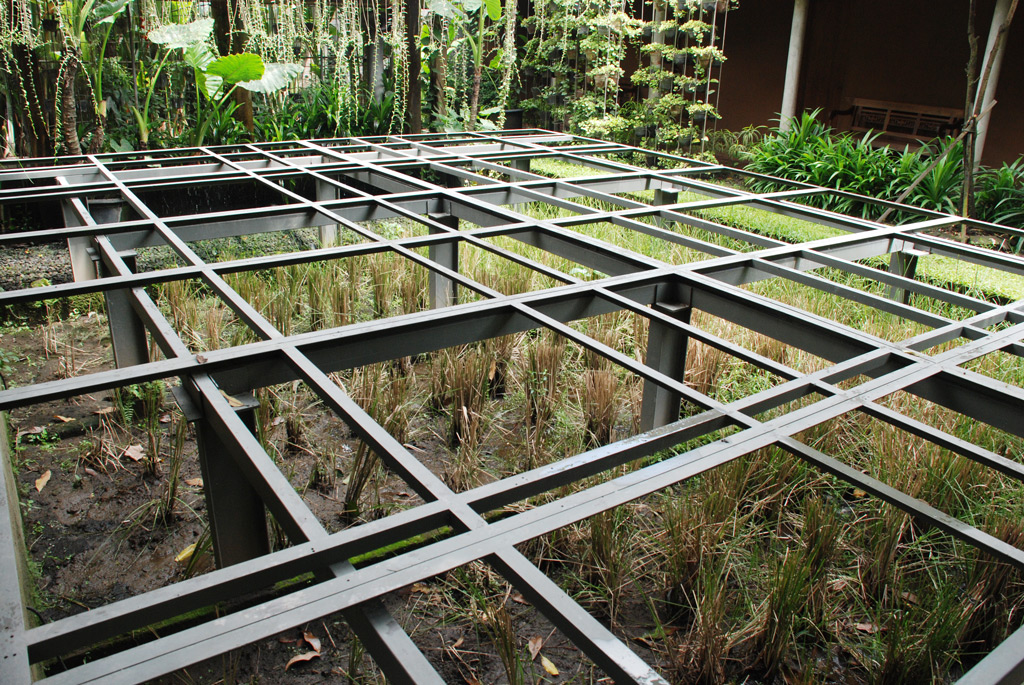
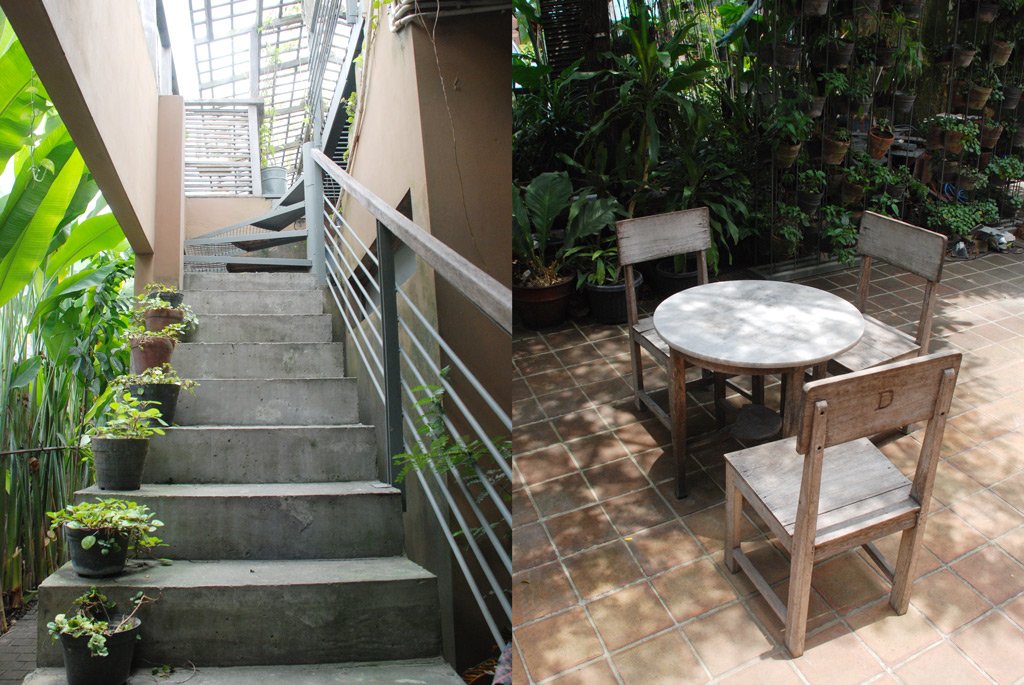
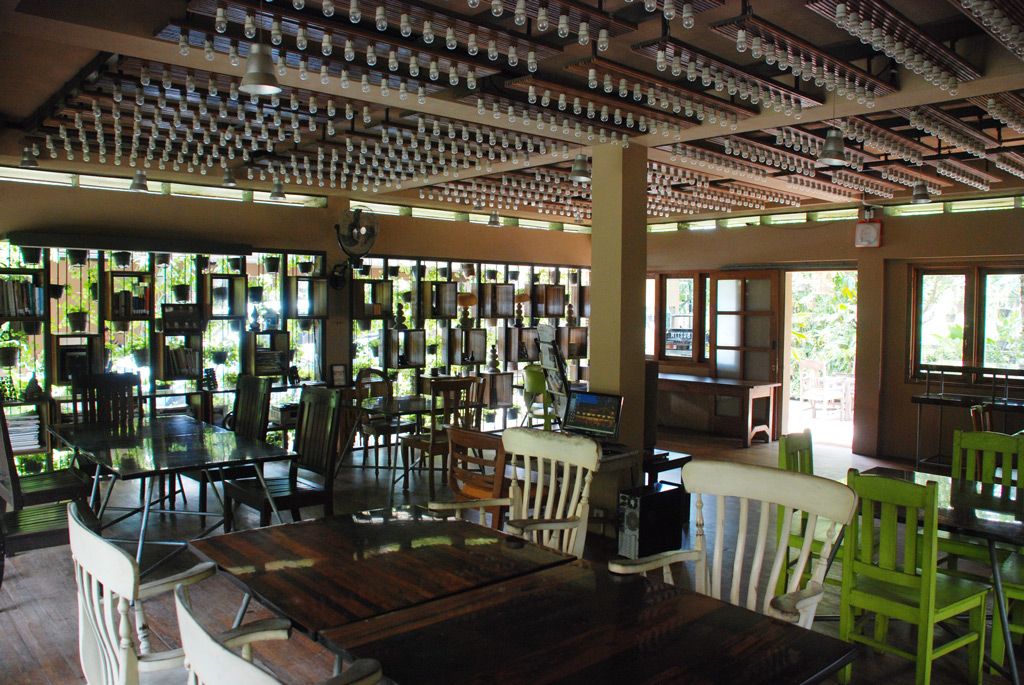
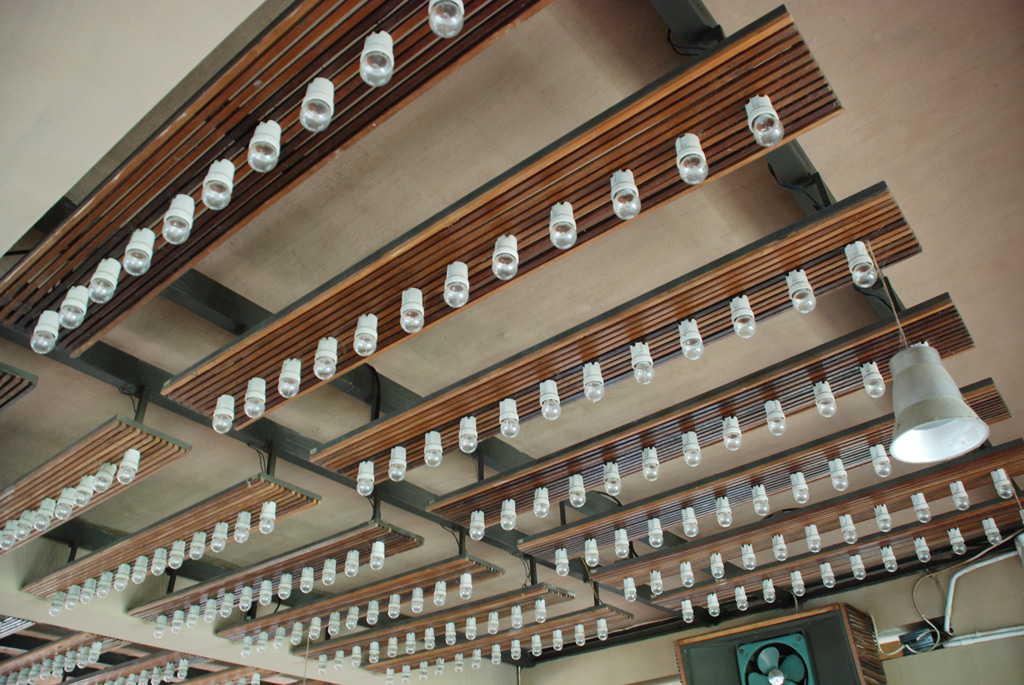
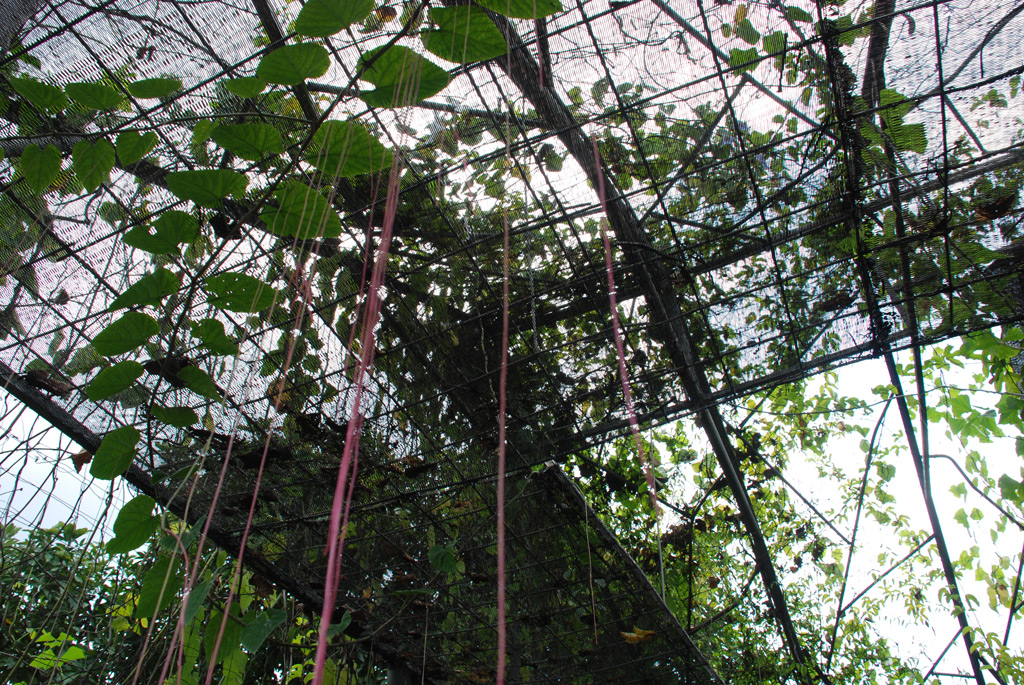
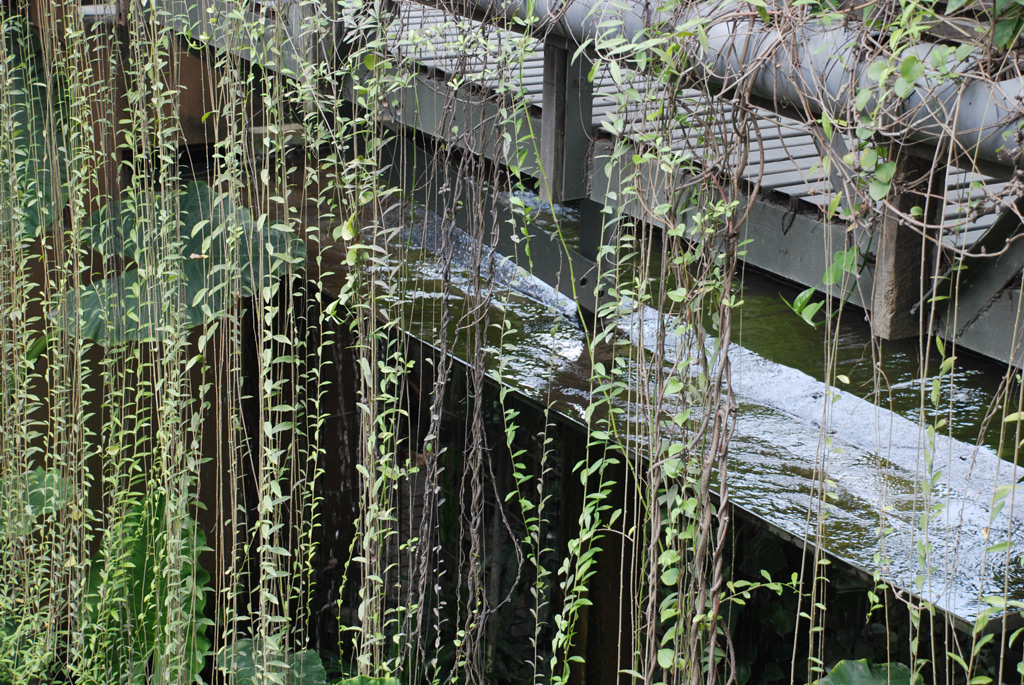
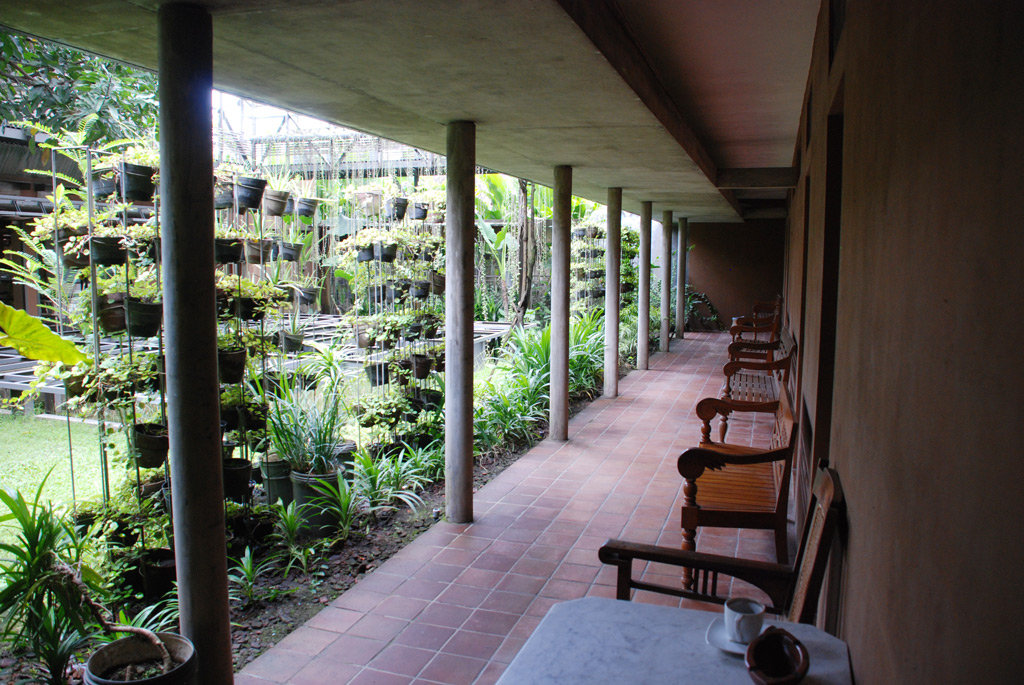
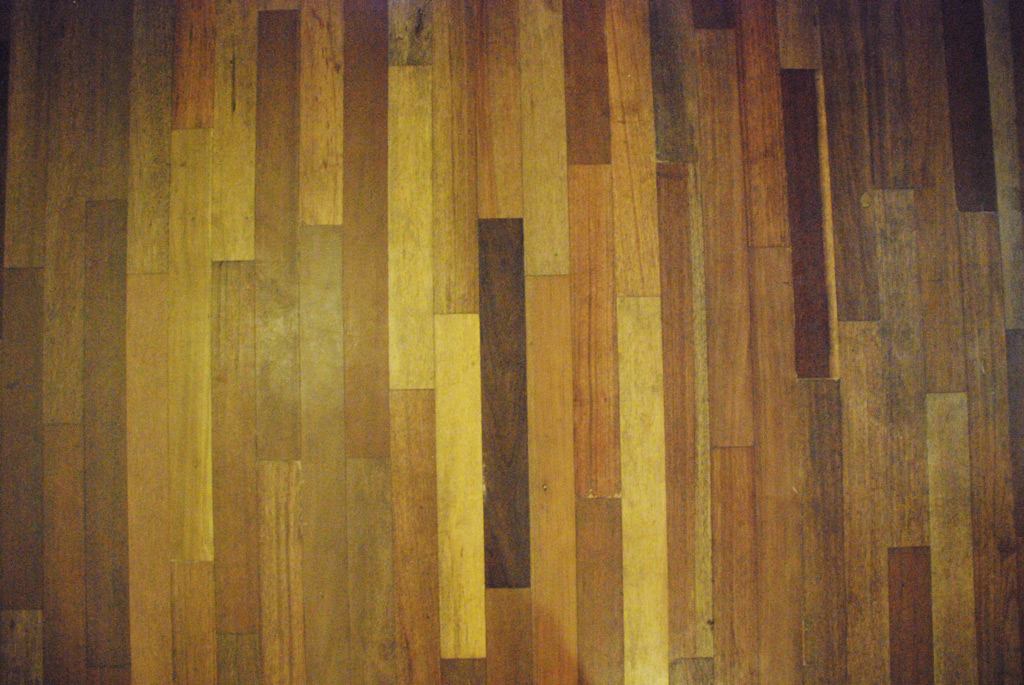
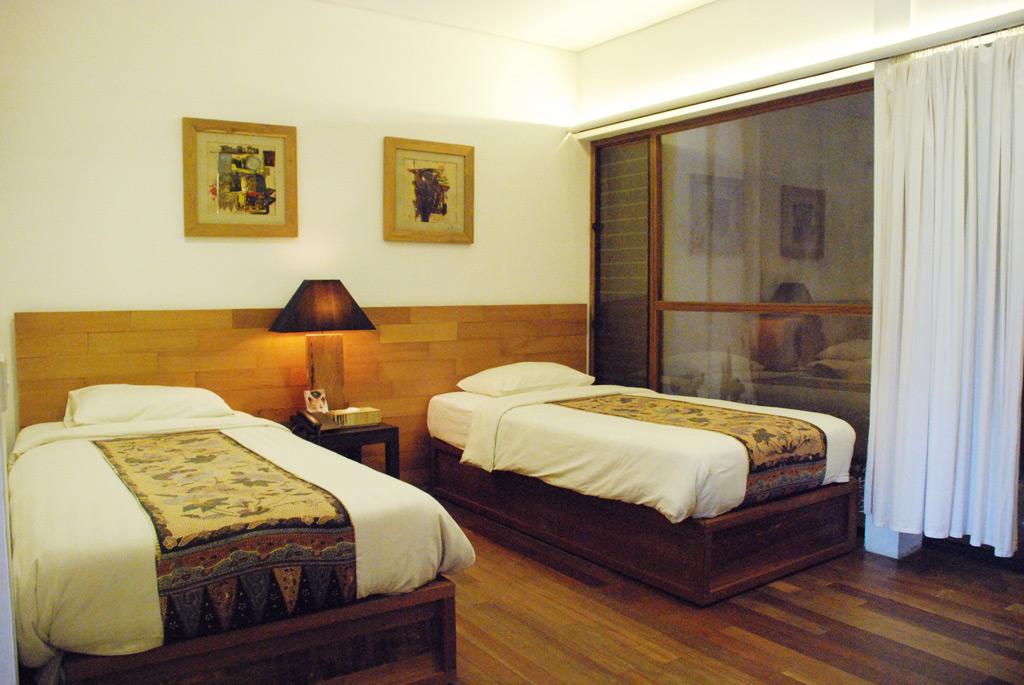
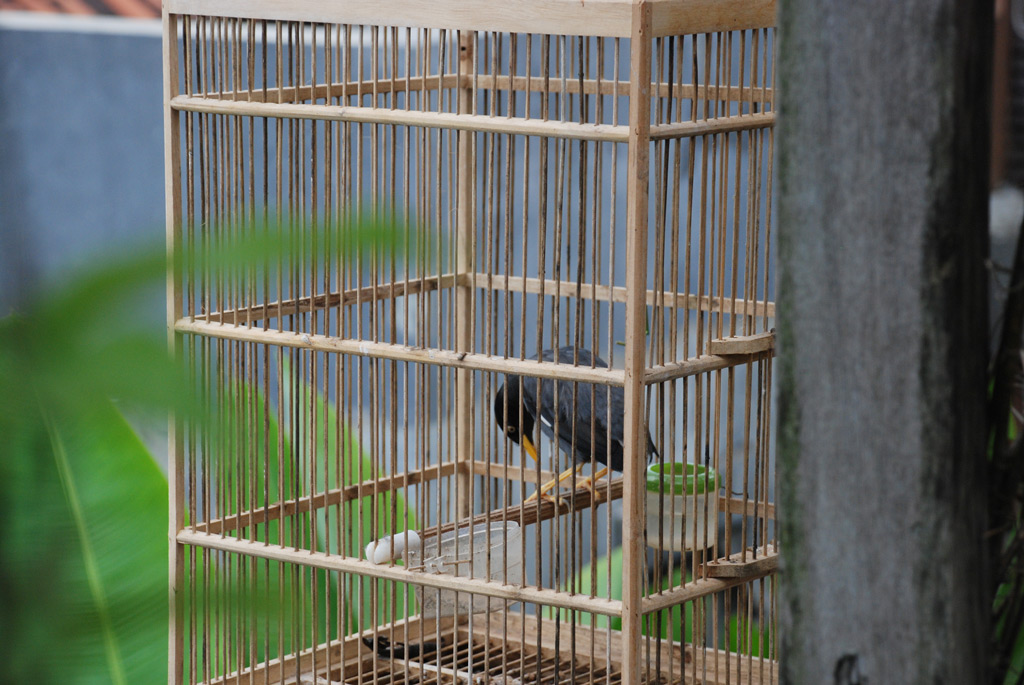
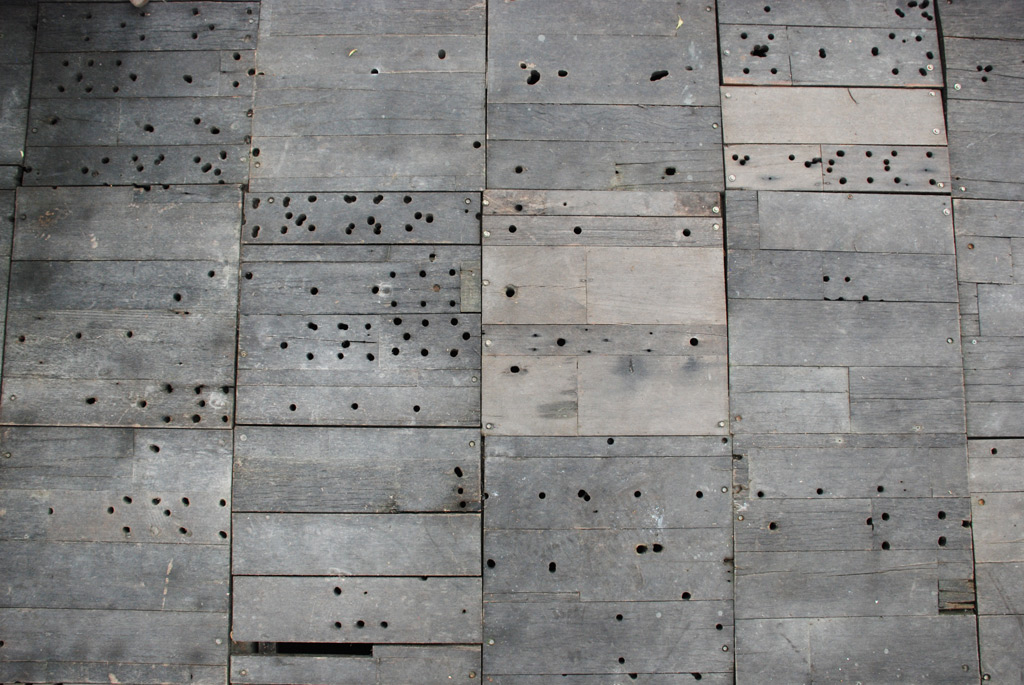
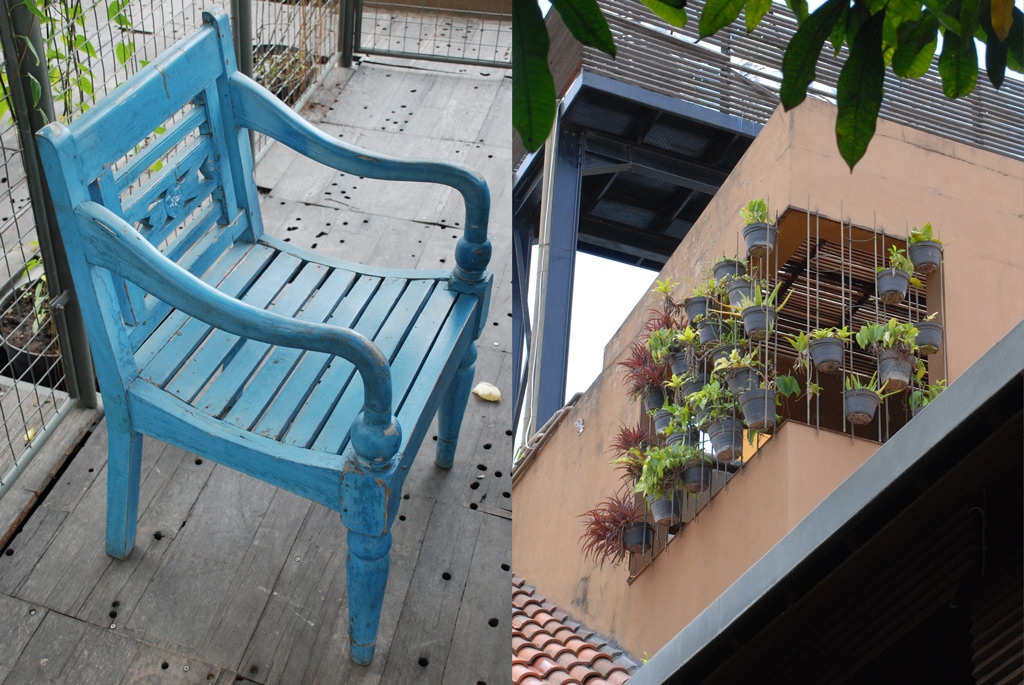
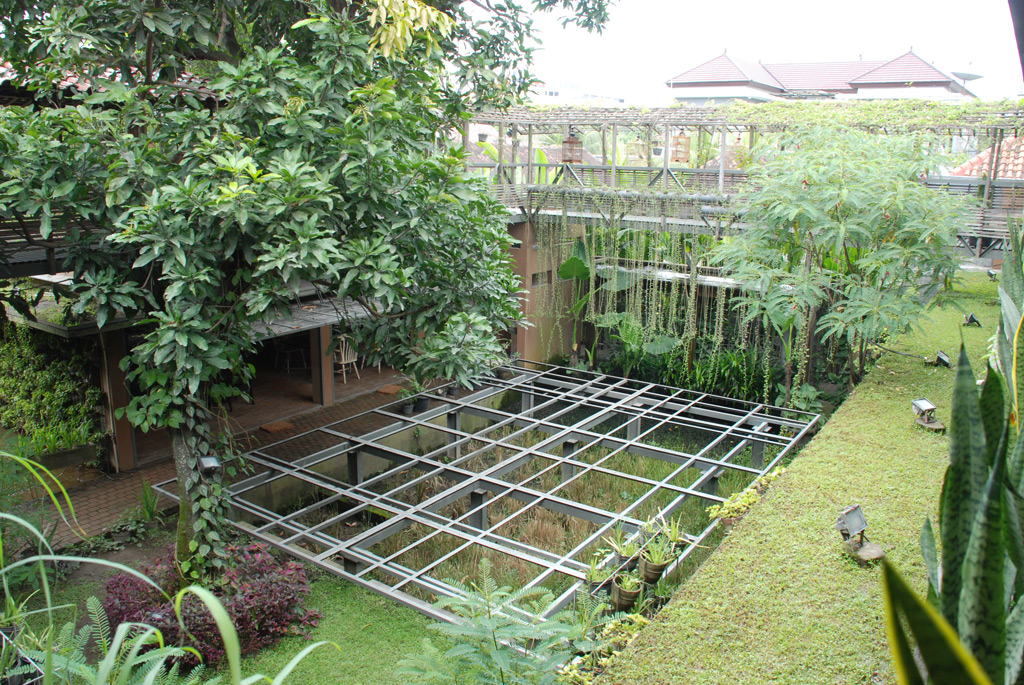
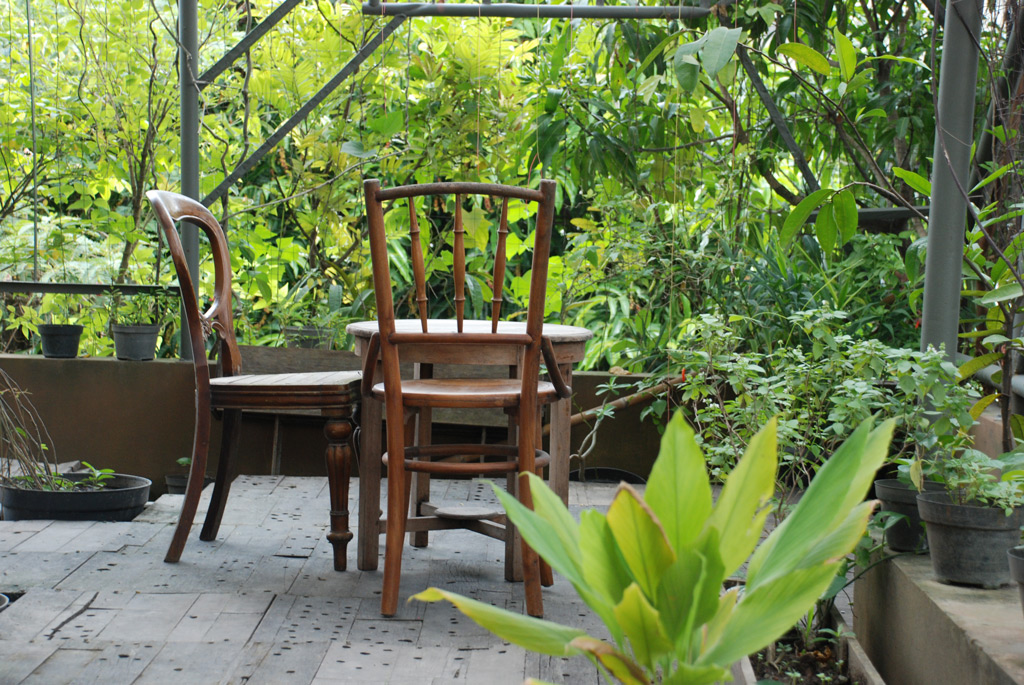
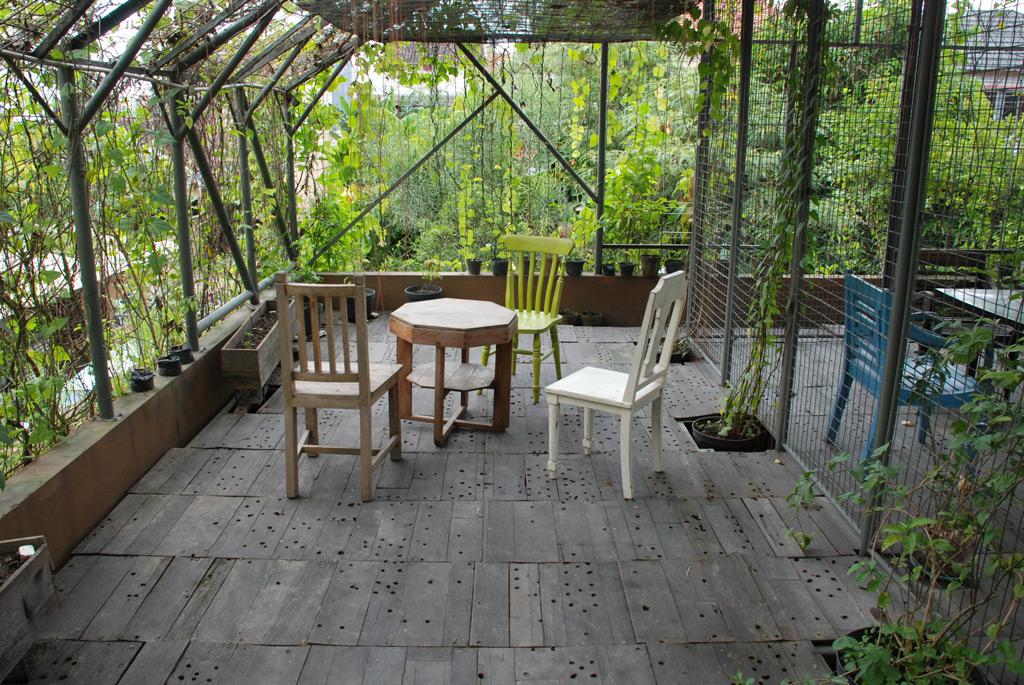
Nestled in a residential neighborhood in Solo’s (Surakarta) Turisari area, Rumah Turi is an eco-boutique hotel that offers its guests a tranquil and comfortable lodging. The first project of autodidact architect Paulus Mintarga of Rempah Rumah Karya, the hotel was inspired after a visit to Japan where Mintarga was fascinated by building designs in rural areas. Initially, the hotel was built with the goal of creating an efficient and sustainable design, and through experiments with building material and energy-saving techniques, Rumah Turi quickly became recognized as an environmentally-friendly establishment.
A contrast to the compact row of cement houses in Srigading street, what the visitors will immediately notice when arriving to the Rumah Turi’s compound is the abundance of greenery. Potted plants are arranged as space dividers, the courtyard houses a patch of paddies, every facade of the hotel are either covered with creeping plants or accentuated with rows of wall planters. Various sides of the hotel have birds in cages chirping (though admittedly caged birds are not this writer’s cup of tea), and a waterfall of recycled water hydrate the garden daily – making a tranquil auditory experience. Guests of the 18-room hotel can enjoy the atmosphere on the second floor patio, which is housed by a skeletal frame where creeping plants provide shade as the roof. The sound and sight of nature in Rumah Turi is striking, and provides an escape from the hustle and bustle of the city.
Rumah Turi is an eco-boutique establishment that has won the ASEAN Energy Award for its sustainable eco-conscious design. Solar panels partly heat the hotel’s water. All the lights are energy efficient LED, some (like the rows of lights in the dining area) have the LED housed in recycled bulbs. To maintain the greenery, most of the water used to spray the plants is recycled from the hotel rooms’ bath and toilet. The wastewater goes into a bin where a filtration system consisting of natural fibers, plants, and sand, cleans as well as oxidizes the water before being poured into the garden.
The building itself was made by locally sourcing building material from demolished sites. Its architect, Paulus Mintarga, mentioned that the hotel’s roof tiles were sourced from Yogyakarta’s Sheraton after part of its structure collapsed in an earthquake. The building paint uses finely grounded roof tiles as well, resulting in the natural façade color of the building. Most of the furniture were also sourced from local factories and exports so visitors will see different varieties of tables, chairs, and other home decoration through out the public areas.
Located on the street-side of Rumah Turi is its cafe/restaurant, which serves a small variety of local delicacies. The cafe/restaurant is also where the hotel’s Wifi signal is the strongest so many guests congregate in this area – drinking coffee while browsing the internet. The dining area has a clear view of the courtyard, where a metal structure curiously encases a small patch of paddies. The structure, as explained by the hotel staff, becomes as stage where a variety of cultural events are held – from music performances to dance. When not in use, the naked structure contributes to the hotel’s contemporary aesthetics, adding a detail to the courtyard.
The 18 rooms are divided into three categories: Sereh, Wuni, and Kemuning. As one might guess, the three categories signify the room’s commodities as well as the price range (from about 450,000 to 750,000 rupiah/night). The rooms are quite clean and simple in design – maximizing the modest spaces (21-26 meter square) and using wood as its main material for a warm, comfortable tone. Because Rumah Turi is situated in a residential neighbourhood, guests can expect a quiet and peaceful stay.
Located in the middle of the city, guests can easily travel to the various sites in Solo as most places are never too far and the traffic never too congested. A less than 5-minute walk along Srigading street is Wedangan Pendopo, a Javanese-themed restaurant that offers delicious selection of local delicacies.
The harmonious combination of energy efficient technologies, nature, and outsourced building materials as well as furniture is the heart of Rumah Turi’s experience. The rain-like sounds from the water filtration system as well as the sounds of bird chirping are soothing, while the combination of plants and the varieties of furniture stimulates the eyes and the mind. The hotel is truly a sanctuary for visitors looking to escape from the often-frantic pace of the city. The fact that it is located in the heart of the city is also a testament to the design possibilities of creating nature-emphasized and tranquil environment amidst the hustle and bustle.
For more information, please visit Rumah Turi’s website.









